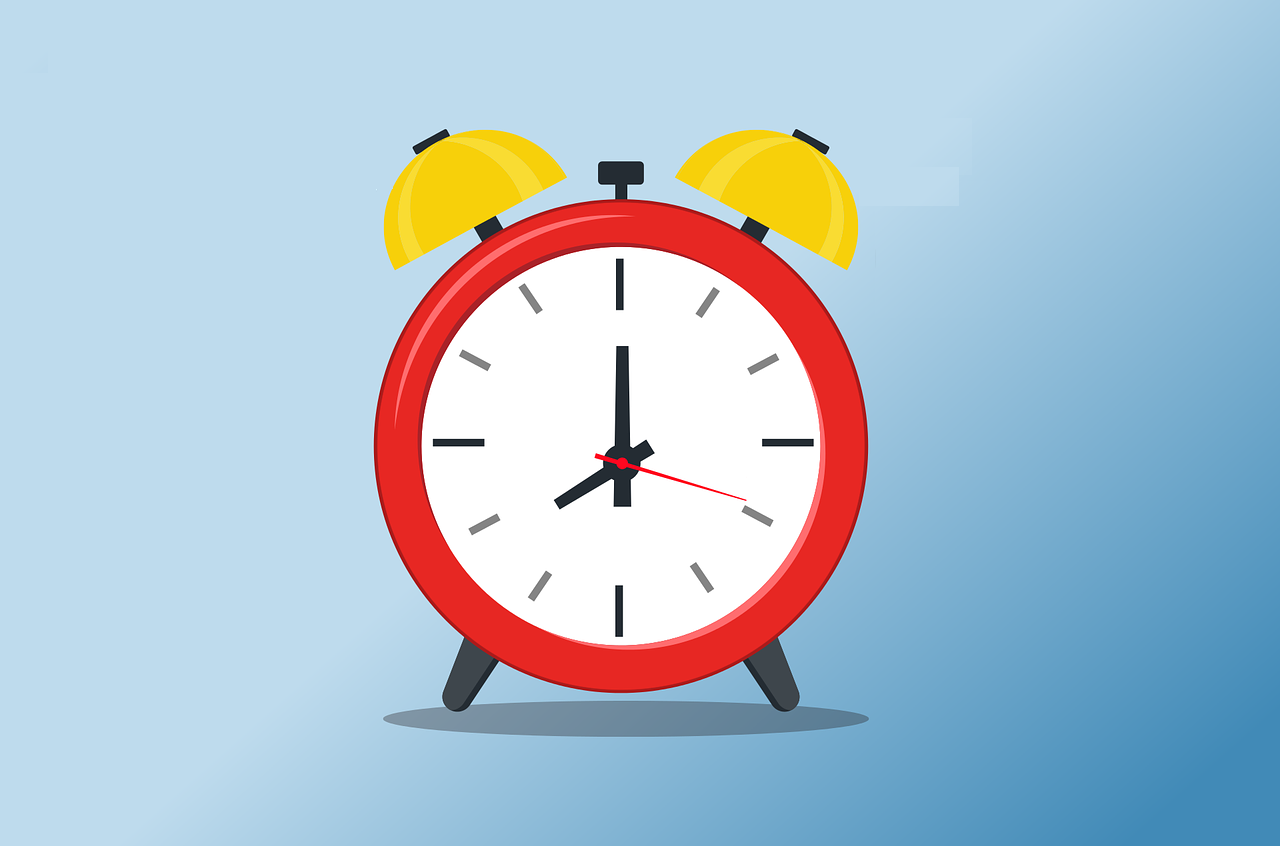By Caroline Roberts | February 6, 2020
Google any famous person, and you’re sure to find an article written about their perfectly crafted morning routine. These often feel unsustainable for the average person — how the heck am I supposed to wake up at 4:30 a.m. and read for an hour before I even have any coffee?
The key idea from these celebrities’ morning rituals isn’t the specifics — it’s that they have a reliable routine in the first place, one that gives their morning structure and helps them start the day off on the right foot. If your mornings feel chaotic and rushed, I’ve scoured the internet for important takeaways so that you can create your very own specialized morning routine.
Wake up at a time that works for you
Don’t worry — I’m not going to tell you to force yourself to wake up at 4 a.m. Our internal clocks that determine our sleep-wake cycles are mainly biological, so some people just aren’t meant to be super-early risers. If you wake up too early without getting adequate rest, you’ll likely feel groggy and miserable — this is not a great way to start your day.
Instead, try to set up a sustainable bedtime routine and wake up time that lets you catch a solid seven to nine hours of sleep. Once you’ve found a good time to set the alarm for, don’t turn it off on the weekends. Sleeping in more than an hour will throw off your whole routine.
Establish a tech-free zone
A few weeks ago, I finally took the plunge and bought a cheap alarm clock so that I wouldn’t have an excuse for keeping my phone in the bedroom. Now, I don’t lay in bed scrolling through social media before I finally drag myself out of bed — I’m up and ready to go the second my alarm goes off.
Although some people recommend not using any tech for a chunk of time in the morning, I use my phone to meditate right after I have a few sips of coffee. Even if it’s just five minutes, try establishing a certain amount of time after you wake up to not look at any screens. It’ll help you start off the day with a focused, intentional and distraction-free mindset.
Get some natural light right away
Sunlight is an important cue our bodies use to know when it’s time to be asleep or awake. Try to open a window or get out in the morning light right after you wake up — it’ll help you feel more awake and alert, and also will make it easier to fall asleep later that night.
If you wake up before the sun has risen, you can purchase an alarm clock that will mimic a sunrise like the Philips Wake-Up Light Alarm Clock or the HomeLabs Sunrise Alarm Clock. You can also use a little DIY spirit to transform your smart lighting into a simulated sunrise clock.
Make your bed
I may not be your mother, but I’m still going to tell you to always make your bed in the morning. It’ll help your self-esteem — it feels good to accomplish a simple task right away, and it can even reinforce the idea that you are a person who deserves to live in a clean and tidy space.
The National Sleep Foundation even conducted a survey showing that people who make their beds in the morning sleep better at night, because their bedrooms are more neat and comfortable.
Start hydrating
If you always feel tired and lethargic when you wake up, it could be because you’re dehydrated from the night’s sleep. Downing a glass of water in the morning will help you feel more awake and energized. Plus, this will remind you to keep drinking water throughout the day so that you can experience all those amazing side effects of proper hydration.
Write a short to-do list
After you’ve sufficiently woken yourself up, try jotting down a list of the most important things you’d like to get done that day — but make sure to keep it brief. Writing a checklist of 25 to-dos will likely leave you feeling stressed and overwhelmed. Instead, list 3 or 4 major goals for the day ahead. That way, you can focus your energy on the tasks that matter most.
Eat a nutritious breakfast — or don’t
Browse a bunch of successful people’s morning routines and you’re sure to see many different approaches to breakfast. Some say that nutrient-dense meals like oatmeal or eggs are necessary to kick start their day, while others swear by intermittent fasting and skip the food for several hours after waking up.
There’s no one universally good breakfast — it depends on your nutrition goals, preferences and morning schedule. If you’re curious about intermittent fasting, you might as well give it a go. But, if you’re like me and can’t focus on an empty stomach, a simple breakfast you can prepare ahead of time — like overnight oats or egg white bites — is key to starting your day.
Don’t overload your morning routine
I know, after I’ve given you a ton of advice, this seems silly to say. But, the key is to choose the morning habits that work best for you. Try to keep the list short enough so that it doesn’t feel like a burden. If your morning checklist is stressing you out before you even wake up, it’s probably not sustainable.
Editor’s note: This story was written by Caroline Roberts and originally posted at CNET.

